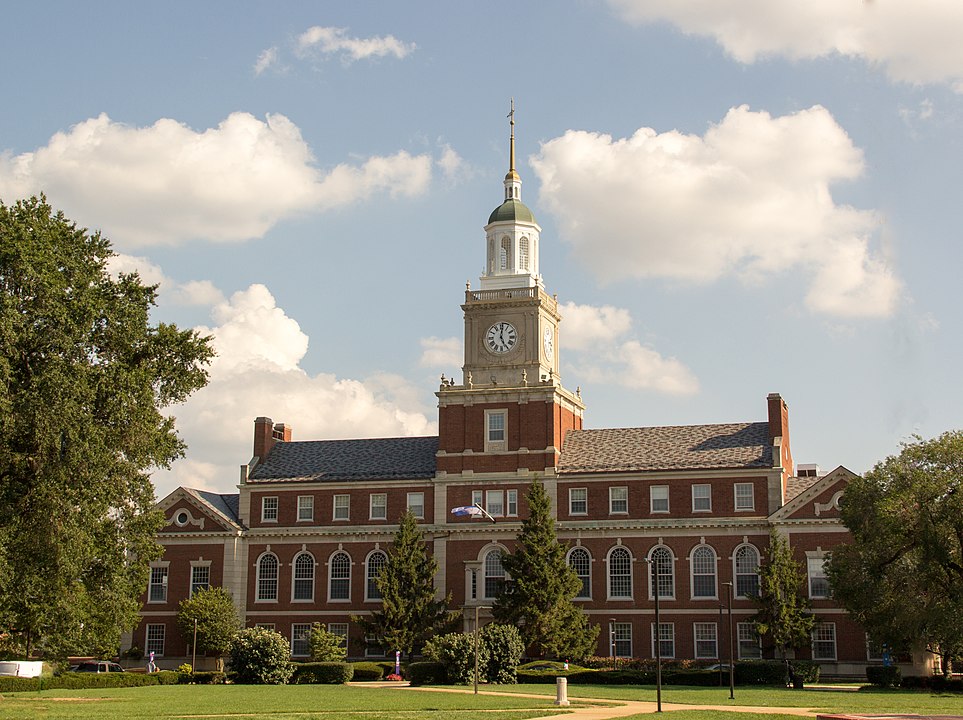A short while ago I had my say on this, from afar and detached but nevertheless troubled. Now, I discover an article at the Antigone Journal by one very much attached, and much more troubled at the loss – the loss of an opportunity to participate, even lead, in reshaping the study of the ancient and classical world as one of the foundations of learning (for everyone).
Anika Prather’s piece is a very personal lament at the demise of the Classics Department at Howard University; until now the only such existing at a H.B.C.U., and one of the founding departments of the university in 1867. Prather, a Howard graduate (though not a Classics major), and more recently an adjunct professor there, records the profound influence her engagement with Classics at Howard had upon her (as it did Toni Morrison and Zora Neale Hurston before her), and the role it played in offering an alternative version of what a person, any person, could be; freeing her from the constraints of society and emboldening her to aspire to the best version of herself – into a confident, searching, questioning Black woman. Really a heck of an endorsement.
Dare I say, Prather’s loyalty to Howard is such that she may be more restrained than I; for I have mused unto myself in recent weeks, that the timing begs to suggest that cost cutting was probably in order to finance other personnel and departmental obligations that are, shall we say, more splashy. (Mentioned by me in this recent blog entry.) The University has stated that various Classics related courses will be incorporated over a range of departments, and though that sounds a bit wishy-washy to me, perhaps the powers that be will come up with an acceptable arrangement, and I hope they are held to their commitment.
Having dared say, now, may I say; I bet if there was still a Classics department at Howard, at least one of its new appointments would be stealing into lectures at every opportunity and doing a sly course of study. Ta-Nehisi Coates could not help but be enthralled by gods and goddesses and the games they play, and mortal man and woman and the dead languages they speak. And all their shared conceits and contrary whims and delusions of grandeur – and some with hearts and souls that really are grand. Coates placement in the English Department may offer some promise that ancient narratives and ideas will indeed find a way into other courses of study – albeit in an interdisciplinary fashion.

